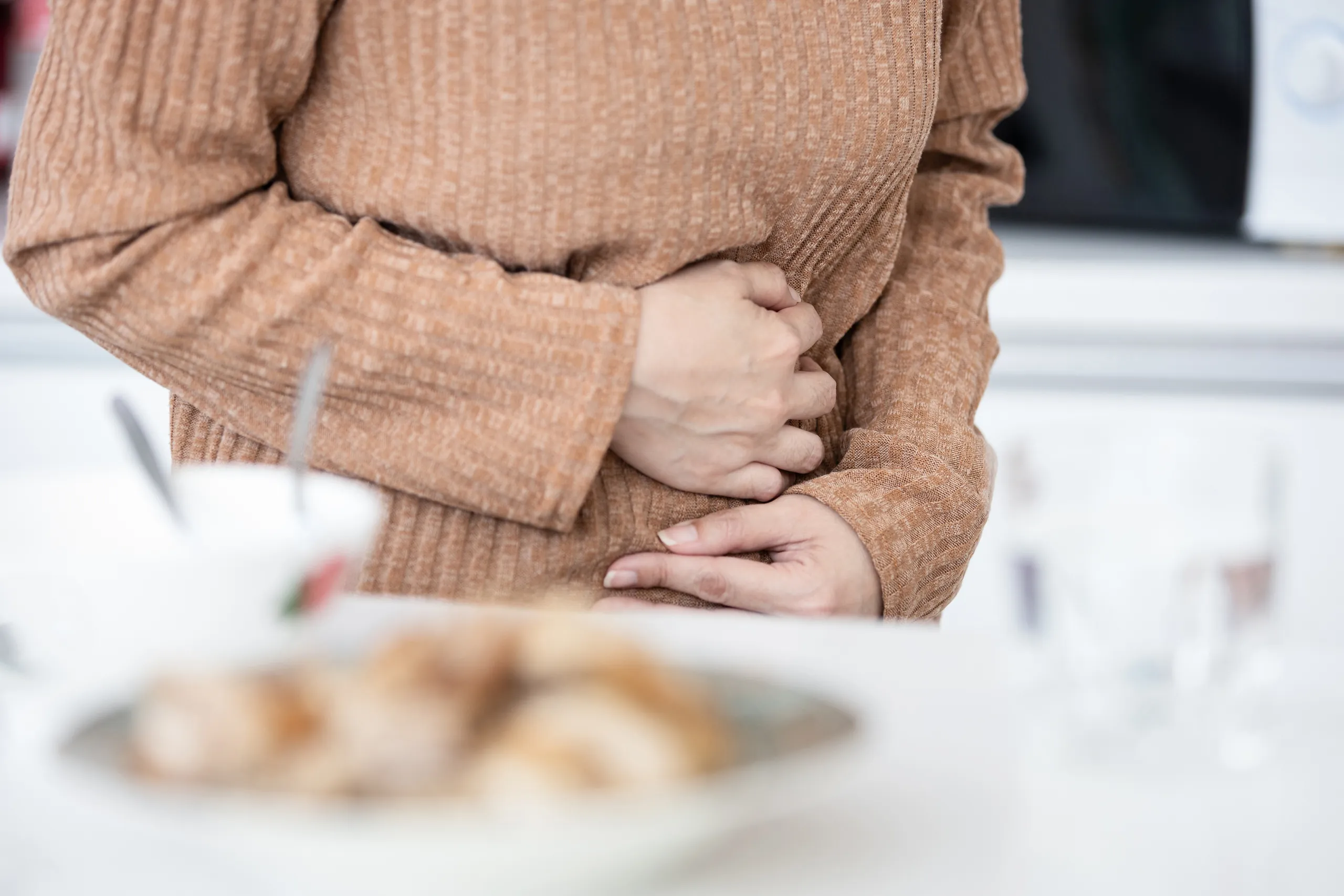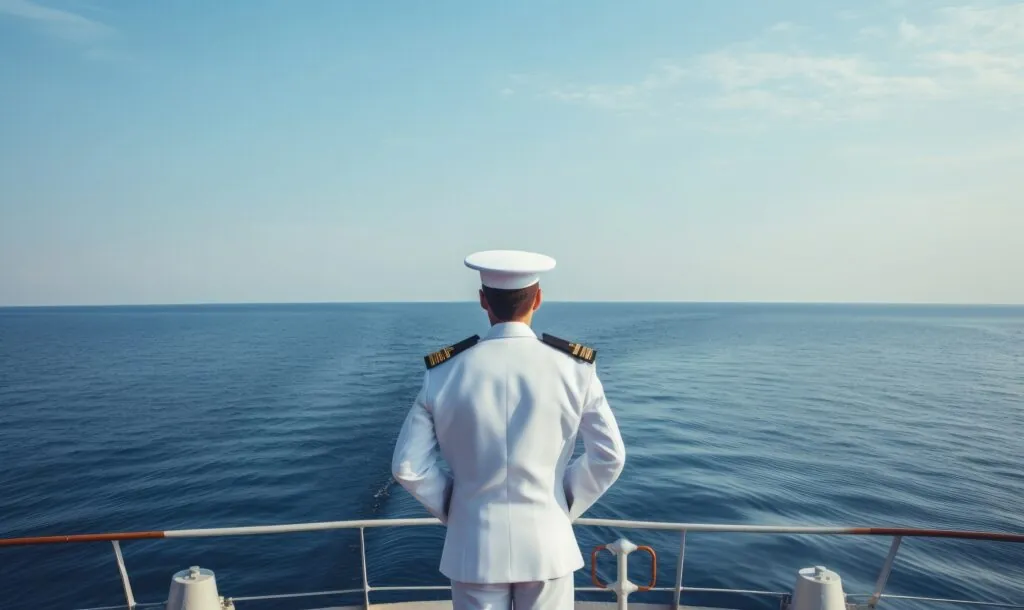Pursuing Compensation for Food Poisoning on Cruise Vacations
A cruise vacation promises sunshine, ocean breezes, and unforgettable memories. For most passengers, that’s exactly what they get. But for some, the reality turns into an unexpected nightmare—crippling stomach pain, vomiting, and days confined to their cabin due to foodborne illness.

Food poisoning on cruise ships is not only unpleasant; it can also result in long-term health consequences and significant financial costs. If you’ve fallen ill after eating contaminated food on a cruise ship, you may be eligible to seek financial compensation.
This article explores what causes cruise ship food poisoning, your legal rights, how to file a claim, and what to expect from a lawsuit or settlement.
What Causes Food Poisoning on Cruise Ships?
Cruise ships are floating cities that prepare and serve thousands of meals each day. While most ships follow strict food safety guidelines, even small lapses in hygiene can lead to widespread contamination.
Key Risk Factors for Cruise Ship Foodborne Illness
Several common issues contribute to food poisoning onboard:
- Improper food storage at unsafe temperatures
- Cross-contamination between raw and cooked foods
- Sick kitchen staff preparing or handling meals
- Unsanitary conditions in kitchens, buffets, or dining areas
- Contaminated water used in cooking or cleaning
Cruise ships are particularly vulnerable to fast-spreading illnesses due to shared dining facilities, close quarters, and communal surfaces.
Which Pathogens Are Most Common on Cruise Ships?
While any pathogen can cause illness, a few specific ones frequently appear in cruise-related outbreaks.
- Norovirus – Highly contagious and can infect large groups in hours.
- Salmonella – Linked to undercooked meats and eggs.
- E. coli – Often caused by poor hygiene or contaminated produce.
- Listeria – Found in deli meats, cheeses, or unpasteurized products.
According to the CDC’s Vessel Sanitation Program, cruise ships are required to report outbreaks, and norovirus remains the most reported gastrointestinal illness on cruises.
Can You Sue a Cruise Line for Food Poisoning?
Yes, you may have legal grounds to sue a cruise line if you became sick due to negligent food handling or unsanitary conditions onboard.
Duty of Care and Liability
Cruise lines owe their passengers a “duty of care,” which includes maintaining safe food practices. When that duty is breached and you suffer illness or injury as a result, the cruise company can be held liable under maritime law.
Most lawsuits for foodborne illness are based on negligence, where a cruise line fails to act reasonably to prevent harm.
What Legal Protections Do Passengers Have?
Cruise food poisoning lawsuits typically fall under personal injury law, with additional provisions under admiralty and maritime law. You have the right to file a claim if you can prove:
- The cruise line or its staff acted negligently
- That negligence led to your illness
- You suffered damages (financial, physical, emotional)
You don’t need to prove that other passengers were also sick, but having multiple affected individuals can strengthen your case.
How to File a Food Poisoning Claim Against a Cruise Line
Filing a claim involves documentation, timing, and strategy. Most cruise tickets include a “contract of carriage” that limits your legal rights—including where and how you can file a lawsuit.
Start by Collecting Evidence
Strong documentation is essential for a successful claim. Here’s what you need:
1. Medical Records
Obtain all reports from the ship’s medical team or doctors you saw after disembarkation. These should document symptoms, treatments, and any diagnoses of pathogens like norovirus or salmonella.
2. Proof of What You Ate
Try to recall specific meals or dining locations, especially those that may have triggered symptoms. Photos of food, dining areas, or receipts can also help.
3. Test Results and Lab Reports
Lab confirmation of a foodborne illness (from a stool or blood sample) will help directly tie your condition to the cruise.
4. Statements from Other Passengers
If others on the same voyage experienced similar symptoms, their stories may help establish a pattern of negligence.
5. Documentation of Expenses
Keep records of lost wages, medical costs, canceled tours, or hotel rebookings. These support your claim for damages.
What Compensation Can You Recover?
The amount of compensation you can receive depends on the severity of your illness, your economic losses, and the quality of evidence you provide.
Common Forms of Compensation
- Medical expenses (onboard and post-cruise)
- Lost income from missed work
- Pain and suffering
- Cancelled travel or excursions
- Long-term health effects
Examples of Settlement Amounts
- Minor cases: $1,000–$5,000 for short-term illness with no complications
- Moderate cases: $5,000–$25,000 if there was missed work or hospital visits
- Severe cases: $25,000+ for extended hospitalization, long-term illness, or multiple affected family members
An experienced attorney can estimate your potential compensation more accurately based on your situation.
Why You Need a Cruise Personal Injury Lawyer
Cruise ship illness claims are more complex than standard injury cases. They often involve jurisdictional issues, ticket contract restrictions, and short deadlines for filing.
Look for an Attorney Who:
- Specializes in maritime or admiralty law
- Has experience handling cruise-related food poisoning claims
- Offers free consultations
- Works on contingency (you don’t pay unless you win)
Many cruise ticket contracts require that you notify the company of your intent to sue within 6 months of your voyage and file suit in a specific court (often in Miami or Los Angeles). A qualified lawyer will ensure you meet these deadlines.
What Is Norovirus and Why Is It Common on Cruises?
Norovirus is a fast-spreading stomach virus that causes vomiting, diarrhea, and stomach cramps. It’s extremely contagious and can survive on surfaces for days.
Cruise ships are particularly vulnerable because passengers share:
- Dining areas
- Bathrooms
- Elevators and railings
- Recreational spaces
Even a single infected worker can cause an outbreak affecting hundreds of people. That’s why strict handwashing and food handling rules are so important onboard.
Which Laws Govern Food Illness Lawsuits on Cruise Ships?
Cruise injury cases are subject to a mix of:
- Maritime law (governs incidents at sea)
- The cruise ticket contract (which may restrict where and how to file)
- U.S. regulations (CDC oversight if a ship docks at a U.S. port)
These overlapping legal systems make it essential to work with an attorney who understands maritime litigation.
Frequently Asked Questions About Cruise Food Poisoning Claims
Can I file a lawsuit if I got food poisoning on a cruise?
Yes, you can. If your illness resulted from negligence on the part of the cruise line—such as improper food handling, unsanitary kitchen conditions, or failure to prevent an outbreak—you may have grounds to sue. These cases fall under personal injury and maritime law, and with proper documentation, passengers can file claims to recover medical expenses, lost wages, and damages for pain and suffering.
What kind of evidence do I need to support my case?
The strongest cases include medical records from onboard or off-ship doctors, documentation of your symptoms and diagnosis, and lab test results confirming a foodborne illness. It also helps to provide information on what you ate, photos or videos from the dining area, receipts from the cruise, and witness statements from other sick passengers.
Do I have to report my illness while still on the ship?
Reporting your illness onboard is helpful because it creates an official record, but it is not required to pursue a claim. If you did not see the ship’s medical team but sought treatment after the cruise and have supporting medical documentation, your case is still valid.
What if I was the only person who got sick—can I still file a claim?
Yes, an individual claim can still be successful even if no other passengers reported illness. However, if others were sick and there’s evidence of a wider outbreak or contamination event, it can strengthen your case significantly by showing a pattern of negligence.
How much compensation can I expect from a cruise food poisoning claim?
Compensation varies based on the severity of your illness, the impact on your life, and the evidence you provide. Minor cases with short-term illness might result in settlements of a few thousand dollars, while more serious cases involving hospitalization or long-term complications can lead to compensation in the tens of thousands or more.
Don’t Let Negligence Go Unanswered
Falling ill on a cruise is more than an inconvenience. It can ruin a long-planned vacation, damage your health, and leave you with unexpected expenses.
If your illness was caused by negligence in food preparation or sanitation, the cruise line should be held accountable. Filing a claim not only protects your rights but also helps prevent future passengers from going through the same experience.
Contact The Cruise Injury Law Firm Today
You don’t have to face this process alone. If you’ve experienced food poisoning on a cruise, an attorney can help you understand your legal options, guide you through the claims process, and fight for the compensation you deserve.
Don’t wait. Contact The Cruise Injury Law Firm today for a free consultation. Many lawyers only get paid if you win—so there’s nothing to lose and potentially much to gain.






